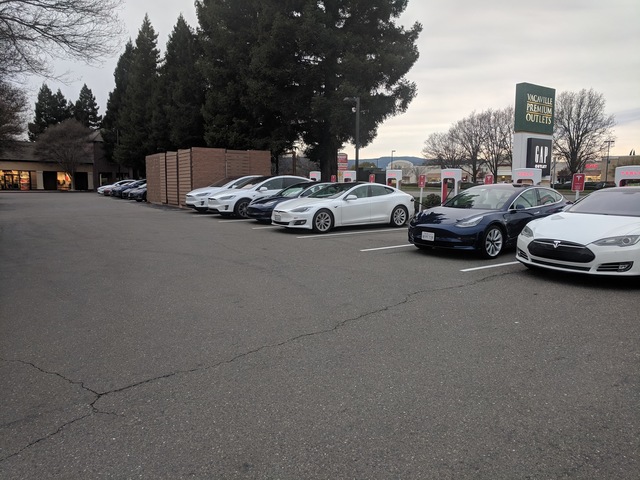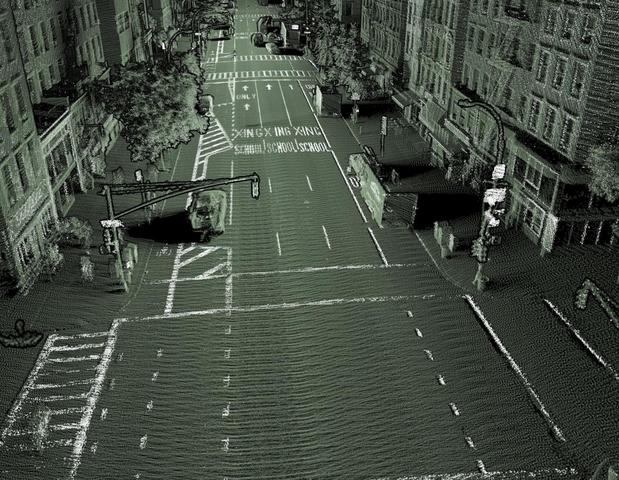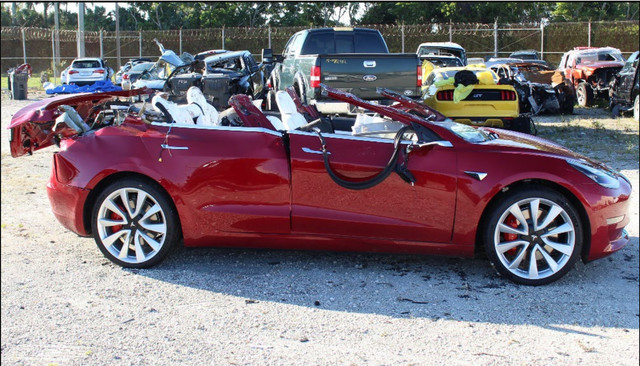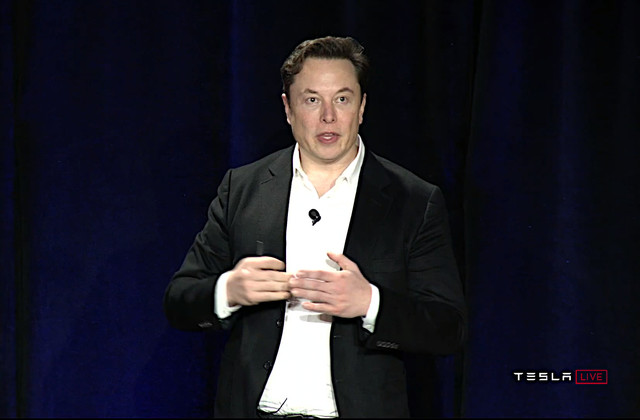Make Supercharging better by ordering food in advance
Submitted by brad on Tue, 2019-06-04 13:34
I've written about how to make Tesla Supercharging work, you try to have a meal while doing that. Here's a proposal to make that work much better: Be able to order food from participating restaurants while on the way to the charger, and have it all timed perfectly to either:


















